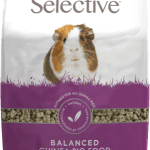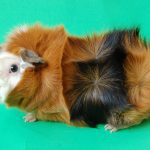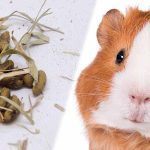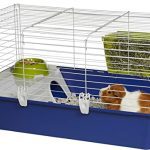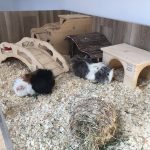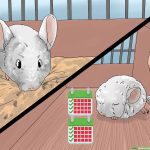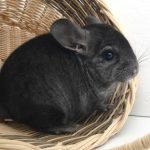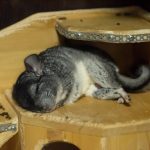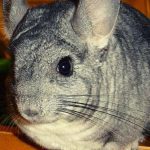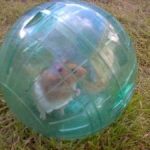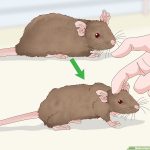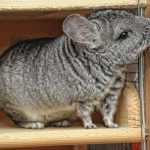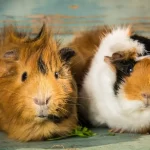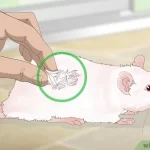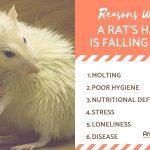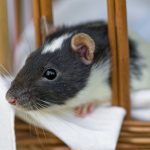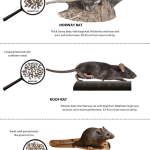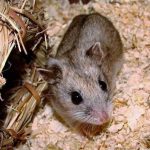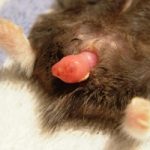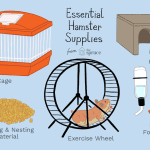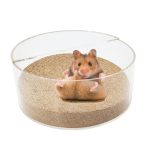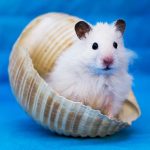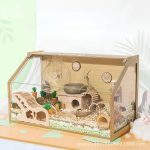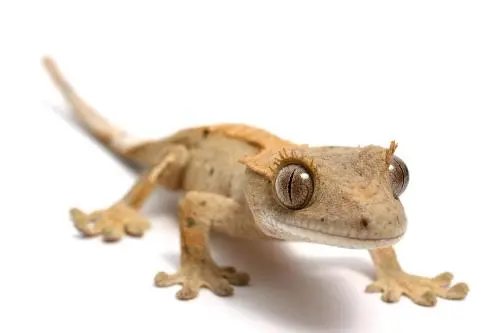
Reptile Breeds
It seems that reptiles are ideal pets for the home. They do not take up much space, do not require constant attention, and will not spoil your favorite slippers. But even with these animals, you need to be careful and attentive in order to maximize the life time and create really comfortable conditions.
Beginners often make the mistake of buying a reptile that is difficult to care for. We have prepared a material about which pets are better to have if you have no experience with lizards and snakes, and also what novice breeders should be ready for.
What kind of reptile to get a beginner
When choosing a lizard or snake for the home, beginners should focus on several criteria:
- Dimensions. It is better to start with small or medium-sized individuals. Equipment for the terrarium and food will be cheaper.
- Character. It is best if the animal is docile. You can pick up all the species listed below, the risk of a bite will be minimal. But when choosing, you should understand that this is not a cat or a dog – neither lizards nor snakes like too frequent and close attention, they can start to get nervous and get sick.
- Feeding. For a beginner, it is better to choose a type of reptile that is unpretentious in the choice of products and feeding regimen. It will be easier for you to understand the basics.
- Price. Usually beginners try to choose an inexpensive option. But the cheapest species are not always the most convenient to maintain. It is better to start with representatives in the middle price category.
Next, consider the specific types that are better to choose to start with.
List of Reptile Breeds
Maize snake
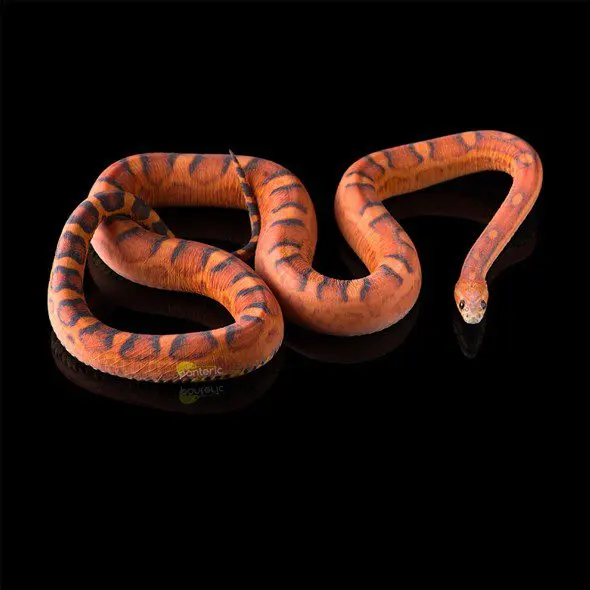
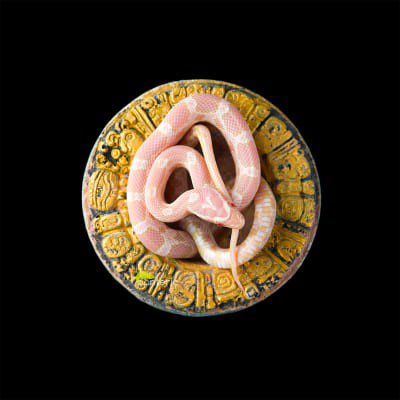
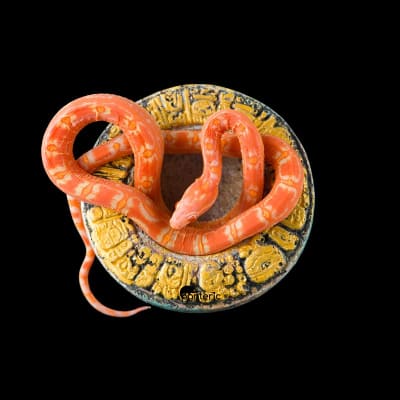
One of the most common types among beginners. It takes root well and is bred in captivity, gives offspring, is unpretentious in care.
A small snake – in length it is rarely more than one and a half meters. An important feature is that the pet will feel good at different temperatures, the humidity requirements are also low. This is important because beginning breeders often have difficulty creating a comfortable environment.
Juveniles can be kept in compact 30*30*30 cm terrariums. Adults are kept in 60*45*30 cm terrariums. These snakes are famous for the fact that they can even get out of a locked terrarium, if loopholes are left for them.
Content requirements include:
- The division of the terrarium into a cold zone with a temperature of 21-24 degrees and a warm one with heating up to 28-30 degrees.
- Correct substrate. The best soil is Snake Bedding. It is non-dusty, soft, absorbs odors and keeps warm. Snakes love to burrow into it.
- Proven nutrition. A regular mouse will do once a week. Drinking water must be present in the terrarium at all times.
The snakes feel good on the hands, quickly get used to the owners. This is a versatile option as a first reptile.
Blue-tongued skink
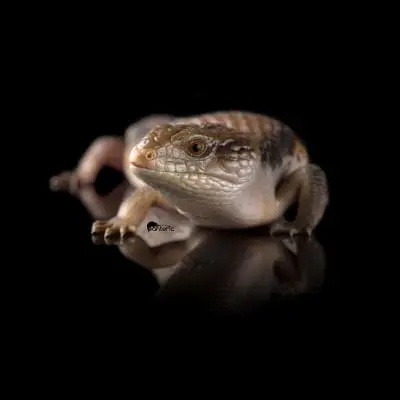
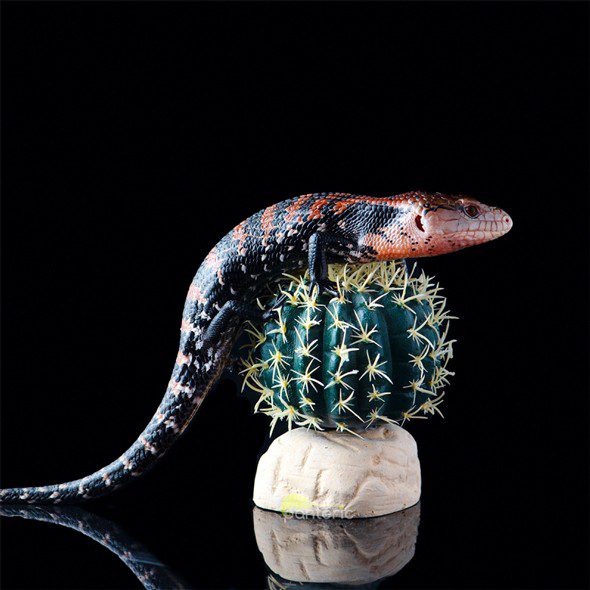
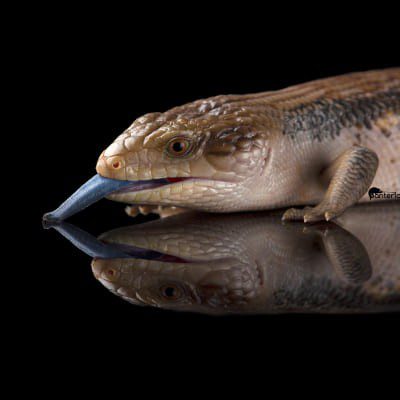
If the snake becomes a good first snake, then skinks should be tried by everyone who dreams of lizards. This is a rather expensive pet, but when answering the question of which reptile is better to have, our consultants often suggest it.
For keeping an adult animal, a 90 * 45 * 30 cm terrarium is suitable.
In nature, skinks constantly dig in the ground, looking for food. Therefore, inside the terrarium there must be a suitable, safe substrate for this. You can use an inexpensive substrate from a mixture of sphagnum and bark.
Like snakes, such lizards require the creation of cold and warm corners with a temperature of 25-26 and 35-40 degrees in the cold and warm zones, respectively. You need to control the temperatures with a thermometer. This lizard is active during the day, so an ultraviolet lamp must be placed in the terrarium. You also need to organize constant access to drinking water – it is poured into a low drinking bowl and placed in a cold corner.
Skinks are omnivores. They eat insects and plant matter so you don’t have to deal with mice. They are also easily tamed and eat Repashy’s specialized food.
Standard feeding requirements:
- For young people: feed every day.
- For adults: food can be given twice a week.
Skinks need to be fed in a variety of ways. When feeding, food is sprinkled with a special complex of vitamins and calcium.
Spotted eublefar
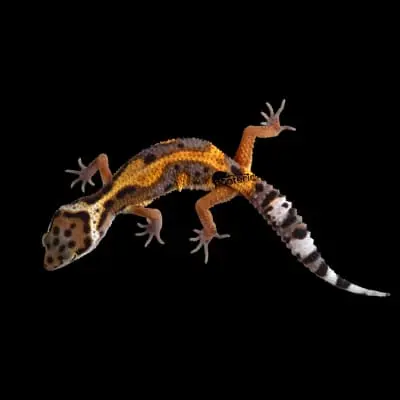
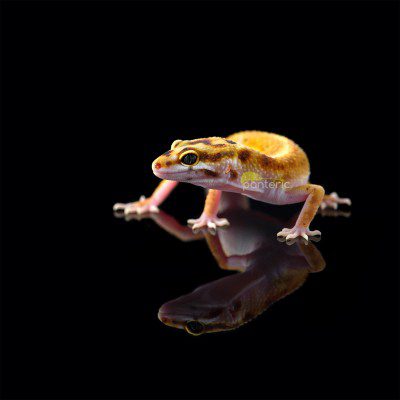
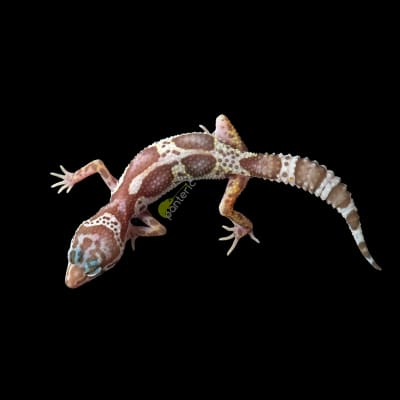
You can also choose a pet among spotted eublefars. This is a very popular lizard in breeding, which does not require you to make a big investment when buying a terrarium. She will feel comfortable in a 45*45*30 cm terrarium.
In order for the eublefar not to get sick and grow, two zones will need to be created in the place of its maintenance. A cold corner has a temperature of 24-27 degrees, a warm one – 29-32 degrees.
There are a few simple content requirements:
- Organize the right substrate. Suitable specialized sand or clay.
- Create shelters. It is best if they are in both zones of the terrarium.
- Prepare a place for molting. In the container, there must be a space with slightly increased humidity, where the animal could calmly shed and not get hurt.
Lizards eat insects, so they can be fed crickets, cockroaches, and locusts. You can also add flour worms and zofobas, hawk caterpillars, moths and others to food.
Young individuals are fed every day. Adult insects can be given already three to four times a week. With each feeding, you need to use a special calcium supplement, which is important for the growth of a healthy pet.
California king snake
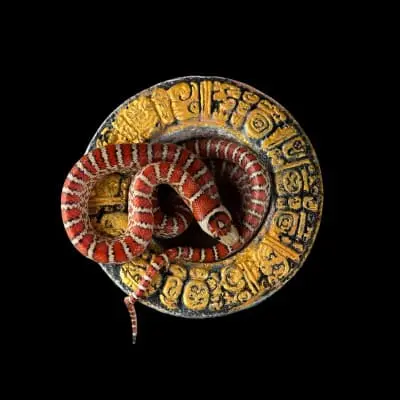
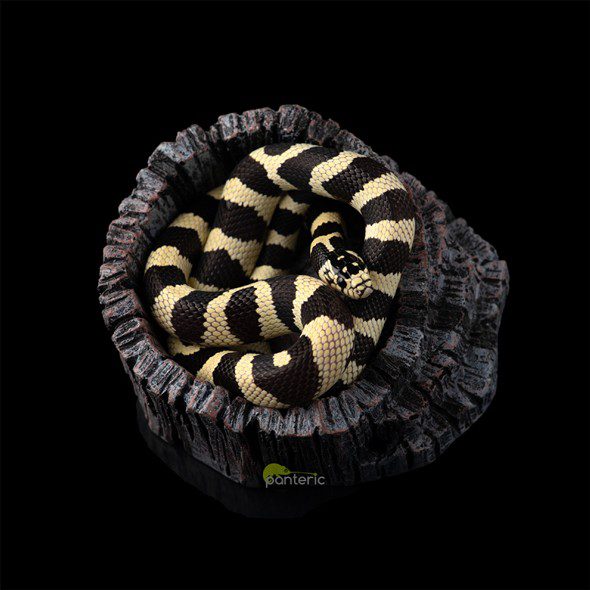
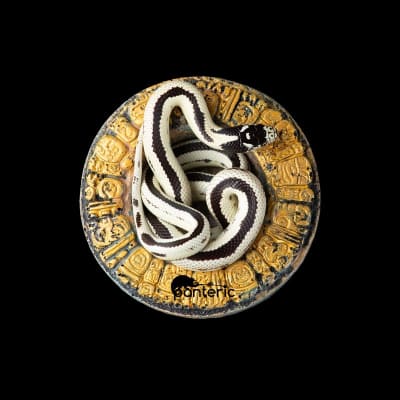
Despite the loud name, such a snake is not dangerous. She has medium size and many color options. This is a good option if you want to choose a reptile to keep in a small 60*45*30 cm terrarium.
As is the case with other pets, for the California king snake, you need to divide the home into warm and cold zones. Mice are usually used as food, the standard diet is once a week.
If you plan to breed Californian snakes, keep them alone. Cohabitation can lead to one of the reptiles eating the other.
Bearded dragon
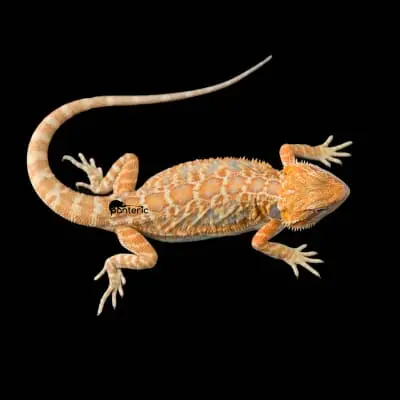
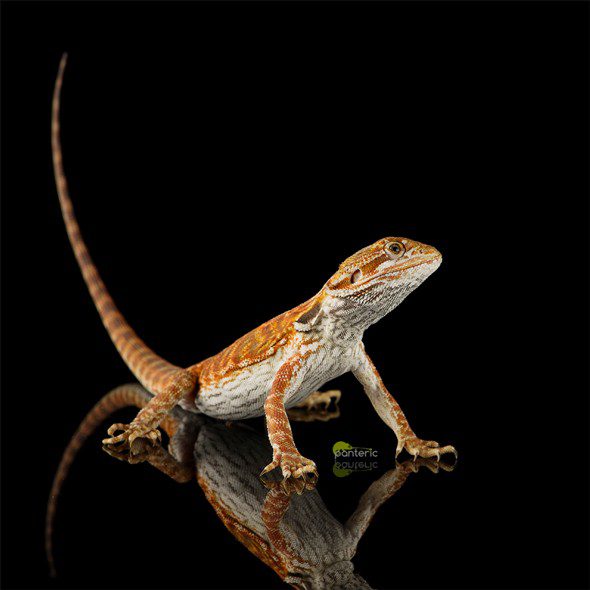
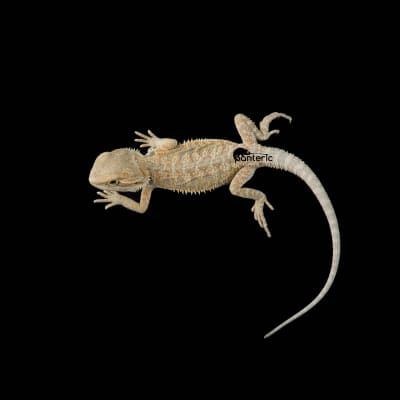
The bearded dragon is one of the friendliest, most tame reptiles around, but calling it easy to care for is a misnomer. But if you spend a little more effort, you will get a non-aggressive pet that feels comfortable next to a person. The main difference in the conditions of detention from eublefar is the larger size of the terrarium. For an adult lizard, its length should be at least 90 cm.
Also, the reptile is strongly tied to getting vitamin D3. Without it, calcium will be poorly absorbed, diseases may appear. A simple solution to the problem is the installation of an ultraviolet lamp and top dressing with a complex of vitamins and calcium.
It is worth remembering that the temperature in a warm corner of such an animal should be quite high – up to 40 degrees. To do this, install incandescent lamps in the terrarium. Under the place illuminated by them, a branch is placed, convenient for placing the lizard, or a special shelf. So it will be convenient for your pet, and you can watch him during the day.
There will be no problem in choosing food. The cubs eat every day – small insects and chopped greens are suitable for them. Adults feed every two days. Most insects can be used, from crickets and locusts to cockroaches. You can not do without the plant component. For adult agamas, plant foods are the main part of the diet.
What Reptile to choose as the first pet
If you decide to get a reptile for the first time, you should consider a few simple recommendations:
- The corn snake is the most comfortable snake for beginners.
- If you want a friendly and accommodating lizard, choose a bearded dragon .
- For small apartments, where only a compact terrarium can be placed, a spotted eublefar is suitable .
- A beautiful and hardy lizard that is easier to care for than the agama, and not so demanding in food – the blue-tongued skink.
We are ready to tell you more about all types of pets in the store, as well as choose a terrarium, substrate, food and calcium supplements. We will develop the correct feeding schedule and answer all additional questions. You can learn more about options for beginners from our video.


